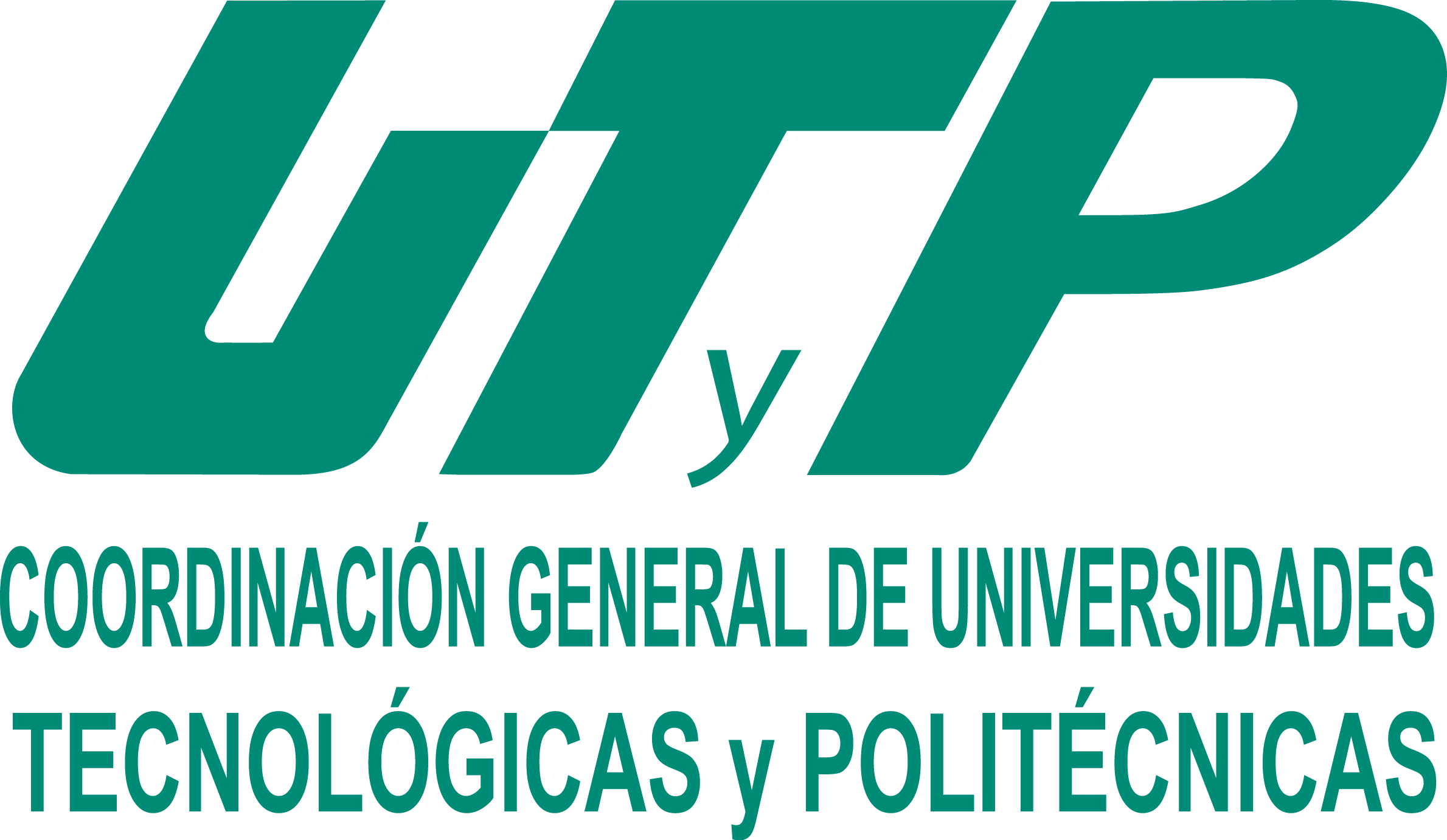Determination of the Ecological Footprint of Engineering Careers in the Administrative Economic Area of the Technological University of Nayarit
Keywords:
Environmental impact, pro environmental competence, ecological footprintAbstract
At present, the global climate change crisis, produced by the greenhouse effect, the result of CO2 emissions derived from all human activities in different contexts and geographical areas of the planet have forced institutions to study the ecological footprint as an indicator of the impact on the environment that surrounds them, allowing to generate specific strategies to strengthen awareness of energy consumption and savings. This paper aims to arrive at an approximation of the calculation of the ecological footprint produced by a sector of the student population of the Technological University of Nayarit specifically the students of the engineering careers of the Administrative Economic Division in its operational area of influence, the calculation determined that at least 1.11 Annual Global Hectares per person is required to mitigate the environmental impact on the operational surface where they carry out their academic activities.
Downloads
References
Colla, M. (2000). La Ambientalización de la Universidad. Un estudio sobre la formación ambiental de los estudiantes de la Universidad de Santiago de Compostela y la Política Ambiental de la Institución. Tesis Doctoral, Departamento de Teoría e Historia de la Educación, Facultad de Ciencias de la Educación de la Universidad de Santiago de Compostela. Santiago de Compostela.
Cooper, E., Burke, L. & Bood, N. (2009). Belize’s Coastal Capital: The Economic Contribution of Belize’s Coral Reefs and Mangroves. World Resources Institute (WRI), Washington, DC, USA.
López Álvarez, N. (2007). Metodología para el cálculo de la huella ecológica en universidades, Universidad de Santiago de Compostela, Oficina de Desarrollo Sostenible.
Martínez Castillo, R. (2007). Algunos aspectos de la huella ecológica, Universidad de Costa Rica, Costa Rica.
Messina, L. (2012). Diagnóstico energético eléctrico en la Universidad Tecnológica de Bahía de Banderas. Tesis de maestría. Cimar, Nuevo Vallarta, Nayarit.
Ramos, J. (2017). Cultura energética desde la escuela, (pp. 50-60), Área metropolitana de Barranquillas, Ed. Universidad del Norte, Barranquilla, Colombia.
Rees, W.; Wackernagel, M. (1996). Our ecological foot-print. Reducing human impact on Earth, New Society Publisher, Canadá.
Global Footprint Network. (2019). https://www.footprint-network.org.
World Wildlife Fund. (2019). https:/www.wwf.org.mx.







